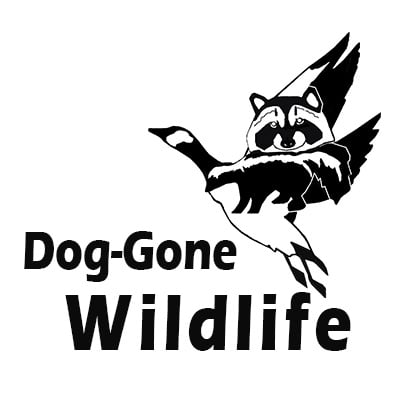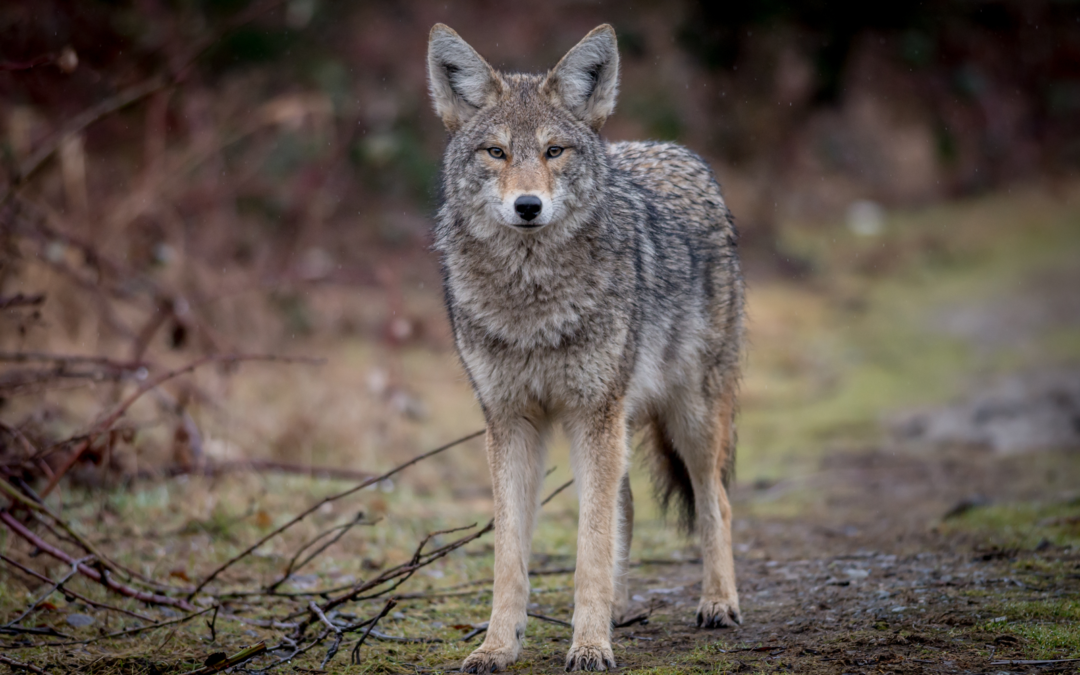Coyotes are increasingly common in residential areas, posing potential risks to pets and creating unease for homeowners. These adaptable creatures are skilled survivors, but their proximity to human habitats can lead to unwanted encounters. Fortunately, there are effective strategies to keep coyotes at bay while respecting their role in the ecosystem. In this post, we’ll explore ways to protect your property from coyotes and answer some common questions homeowners have about these elusive animals.
What Attracts Coyotes to Residential Areas?
Coyotes are opportunistic feeders, meaning they’ll take advantage of any available food sources. Common attractants include:
- Pet Food: Leaving pet food outdoors, even temporarily, can draw coyotes to your yard.
- Trash and Compost: Unsecured garbage bins and uncovered compost piles are easy meals for a hungry coyote.
- Bird Feeders: While coyotes don’t eat birdseed, it can attract smaller animals like rodents, which in turn lure coyotes.
- Small Pets: Coyotes view small dogs, cats, and other pets as potential prey.
- Shelter: Overgrown shrubs, woodpiles, or other secluded areas can provide a safe space for coyotes to hide or den.
By understanding what attracts coyotes, you can take proactive steps to make your property less inviting.
How to Keep Coyotes Away From Your Property
Here are some practical tips to deter coyotes and keep your home and family safe:
Secure Trash and Compost
Use sturdy, animal-proof bins with tight-fitting lids for garbage and compost. Avoid leaving trash outside overnight.
Remove Food Sources
Bring pet food indoors, clean up fallen fruit from trees, and avoid leaving scraps or food waste outside.
Fence Your Yard
Install a tall fence (6 feet or higher) with a roller or an angled top to prevent coyotes from climbing over. Ensure the bottom is buried at least 12 inches to stop them from digging underneath.
Use Motion-Activated Deterrents
Lights, sprinklers, or noise-making devices can scare coyotes away when they approach your property.
Eliminate Hiding Spots
Trim overgrown vegetation, remove woodpiles, and seal crawl spaces to deny coyotes shelter or denning areas.
Supervise Pets
Keep small pets indoors, especially at night. When outside, supervise them closely or keep them in a secure enclosure.
Can Coyotes Carry Diseases That Are Harmful to Humans or Pets?
Yes, coyotes can carry diseases that pose risks to both humans and pets. These include:
- Rabies: Although rare, rabies can be transmitted through bites or saliva.
- Distemper: A viral disease that can affect dogs if they come into contact with infected coyotes.
- Parvovirus and Mange: Both can be transmitted to pets, especially dogs, if exposed to infected coyotes or their environment.
- Parasites: Coyotes may carry fleas, ticks, and intestinal worms that can spread to domestic animals.
Keeping your pets vaccinated and avoiding direct contact with coyotes is essential to minimizing these risks.
Are Coyotes Protected, or Can They Be Removed Legally?
Coyotes are considered a protected species in many areas, meaning there are regulations governing their removal. While it may be legal to remove coyotes in some jurisdictions, the methods must often comply with local wildlife laws.
Who Should I Call for Help if a Coyote Becomes a Problem on My Property?
If coyotes are causing persistent issues or posing a safety risk, it’s best to contact a professional wildlife removal service like Dog Gone Wildlife. Our team specializes in humane coyote removal and can assess your property to provide effective solutions. We ensure compliance with local laws and use methods that prioritize both safety and the well-being of the animal.
Additionally, if a coyote seems aggressive or behaves unusually (such as showing no fear of humans or appearing sick), contact local animal control or your state’s wildlife agency immediately.
Coexisting Safely With Coyotes
Coyotes are an integral part of the ecosystem, helping to control rodent populations and maintain ecological balance. While their presence can be concerning, taking the right precautions can minimize conflicts and keep your property safe. By removing attractants, securing your yard, and seeking professional help when needed, you can protect your home and live harmoniously with the wildlife around you.
If you’re dealing with a coyote issue or want to learn more about protecting your property, contact Dog Gone Wildlife today. We proudly serve homeowners throughout the greater Columbus, Ohio area, offering expert advice and humane wildlife removal services you can trust. Don’t let coyotes disrupt your peace of mind—let us handle the problem for you!

